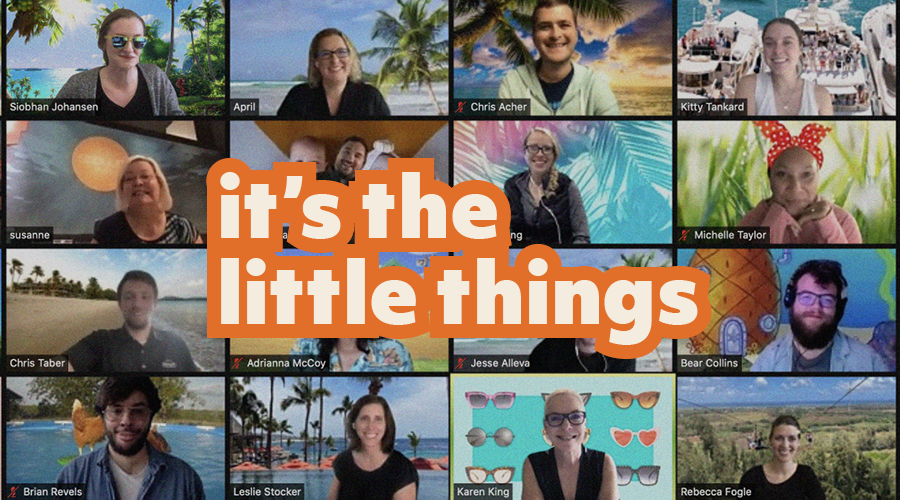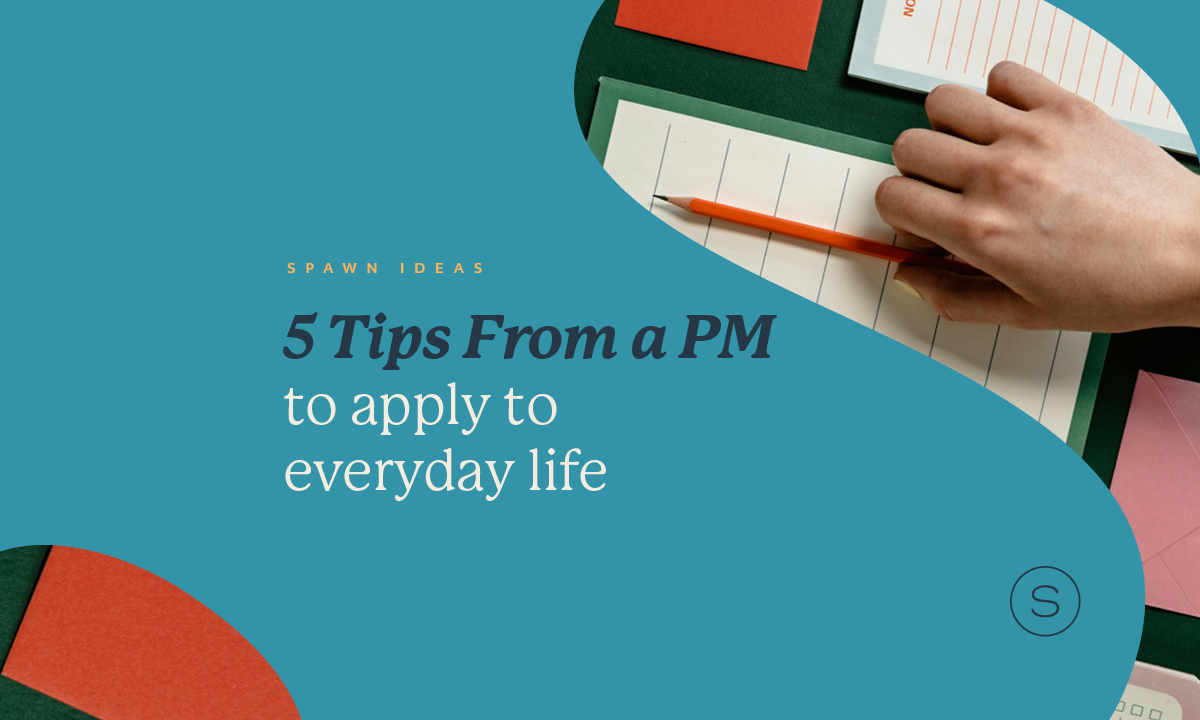In the work-from-home era, we’ve all taken a break from the computer to start some laundry in the middle of the day, maybe even scrolling TikTok while we wait for the dryer to finish—only to be left with a sense of guilt, wondering if we are cheating the system. (Hint: We are not. Think of all the brain breaks we got in the office chatting by the coffee machine in the break room. We still need those!)
Brain breaks are good for your mental health. And given the demands of a career in advertising, it’s especially important to be cognizant of and support our own mental health and our colleagues too. Fifty-six percent of advertising professionals have symptoms of depression, compared to the baseline of 36 percent for the general population (The Mentally Healthy Study conducted by Never Not Creative, UnLtd, and Everymind). Keep in mind, these are pre-Covid.
At Denver’s recent Colorado Ad Day, Dr. Nathaan Demers, Psy.D. Licensed Clinical Psychologist at Grit Digital Health, gave a few examples of how little tweaks can improve mental health for advertising professionals.
Block out time
Leaders can model self-care behavior by blocking out time on their public-facing calendar for things like “bike ride” or “lunch with my mom.” Acknowledging these personal self-care needs, whether by putting them on the calendar or just bringing it up in conversation, helps ease the guilt that we often feel and encourages employees to practice self-care themselves.
Breathing exercises
A quick breathing exercise or even getting side-tracked to watch a funny cat video can go a long way in boosting our mental health and actually help us to work better by increasing state of flow.
Make mental health part of the conversation
Relationships are important and making mental health a subject of conversation among coworkers can help us to feel like we are supported and not alone. Dr. Demers pointed out that compliments and gratitude can show the same benefits as meditation. So scheduling time with your coworkers to play a game or just to chat can lighten the mood at work and offer that brain break we all crave. I always feel my mood lift after an interaction like this which can be done over the screen as well as in person.
At Colorado Ad Day, we talked about where our agencies stood on a mental health readiness scale. I was reminded of a time when recently I heard a colleague check in on another colleague because he wasn’t saying much in meetings and looked tired. Basically, he just seemed down. So, while benefits like extra PTO days and blatant discussions or training around mental health are helpful, just sending a quick chat to a colleague to see how they feel is a little thing that makes a world of difference, starting a trickle-down effect of looking out for one another— eventually creating a stronger community.
Bottom line: it’s up to each of us to empower that culture of mental health that agencies often want, but don’t always know how to achieve.






